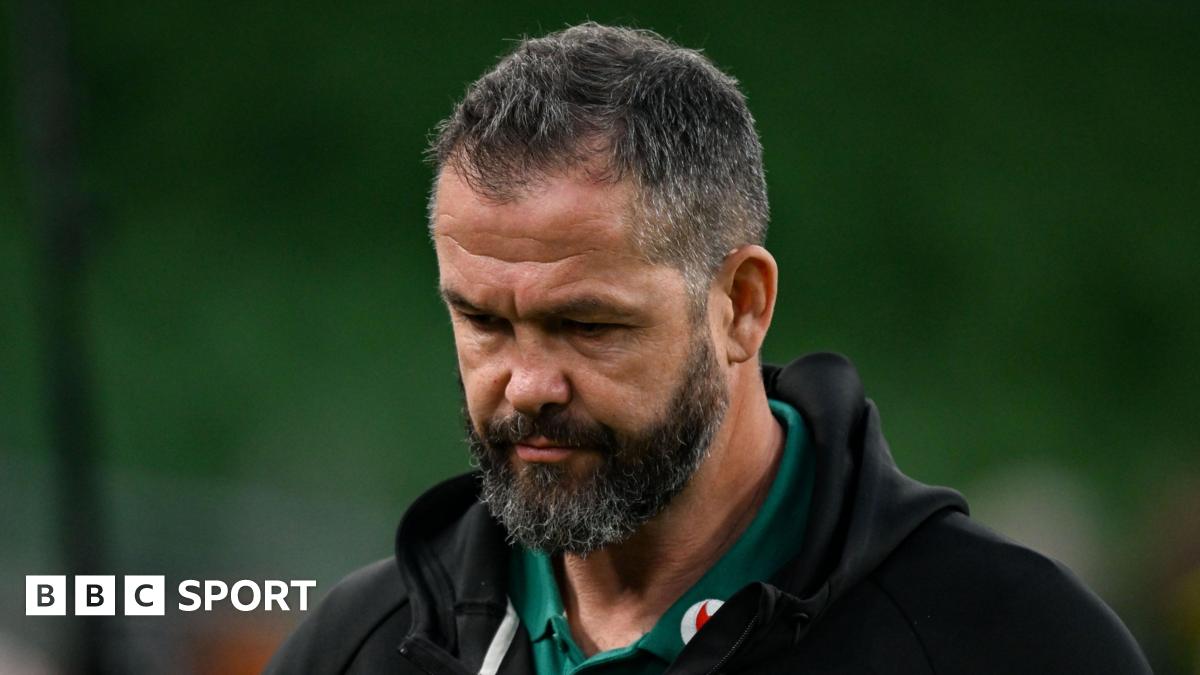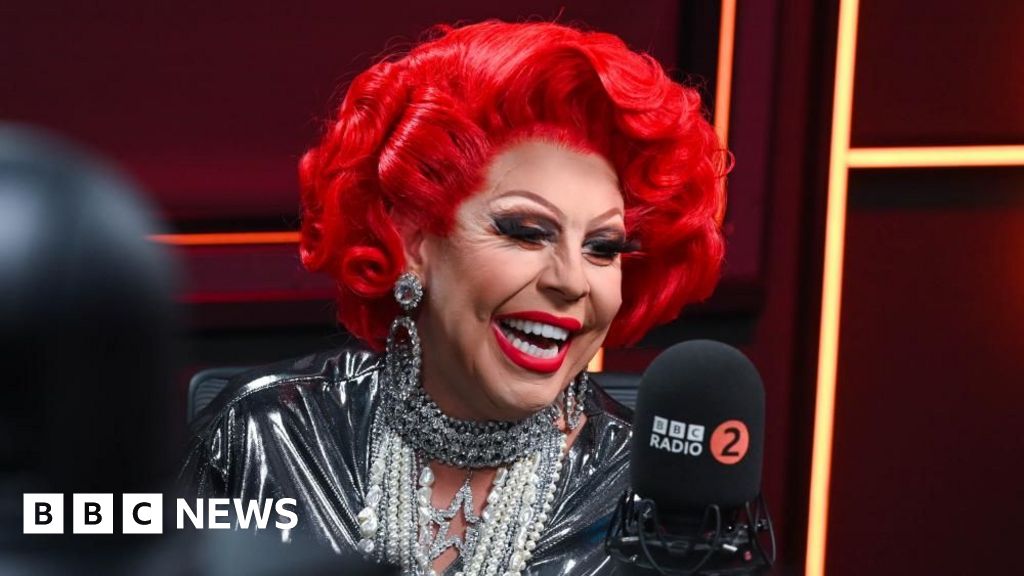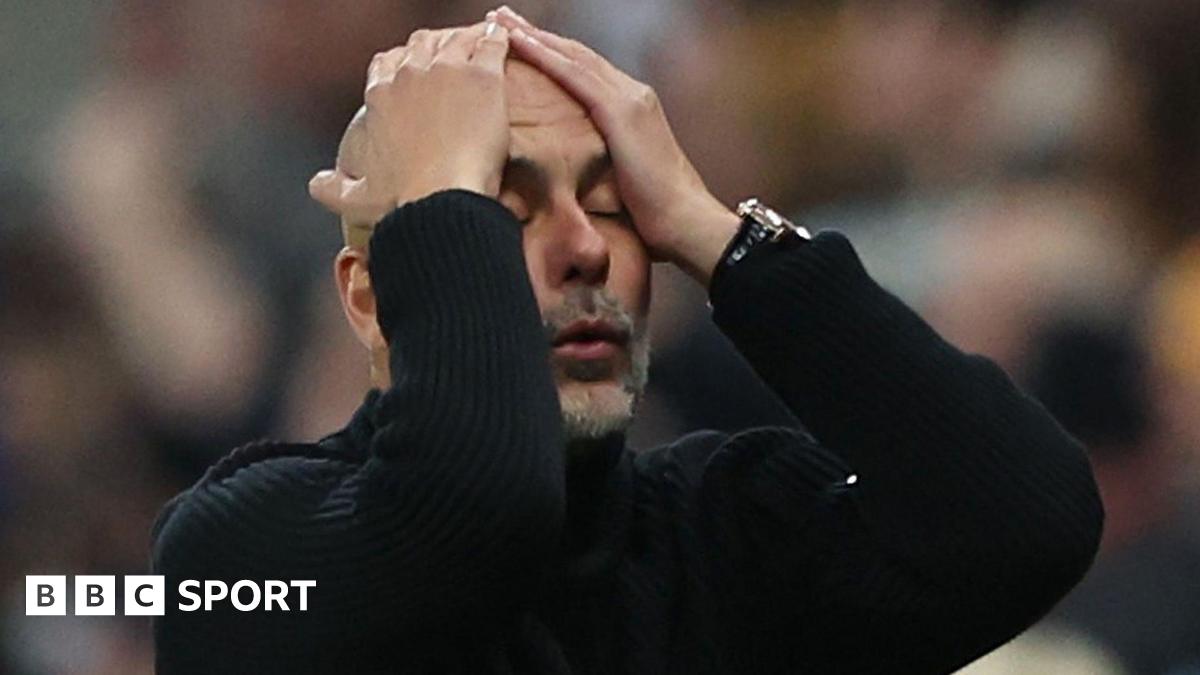What did we learn from last night’s Logie Awards? That we love free-to-air TV (hooray for the ABC!), Netflix is bad (only one win from 18 nominations) and Home and Away’s Lynne McGranger is the “best” dramatic actress on Australian television.
Mostly, that’s correct. We do love the ABC – however much we like to complain about it – and its domination of the Logies, with 11 awards, including five for Kitty Flanagan’s terrific comedy Fisk, is a definite win for our public broadcaster.

Vincent Sheehan, Tom Peterson, Kitty Flanagan, Julia Zemiro and Glenn Butcher after winning the Logie for Best Scripted Comedy Program.Credit: Getty Images for TV WEEK Logies Awards
The ABC is the only free-to-air station providing a regular home for locally made dramas and comedy (honourable mention: SBS) and that should be celebrated, particularly in the face of a dramatic drop in locally made productions.
But does the ABC’s dominance mean we have turned our back on the flashy streamers? How else can you explain that Netflix, the most nominated streamer, won only one award (best miniseries or telemovie for Apple Cider Vinegar)?
That’s where it gets tricky. Netflix is the most popular paid streaming service in Australia, with an estimated 6.2 million subscribers. But over its 10 years in operation here, it has produced only a handful of local dramas, including three of the shows nominated last night: Apple Cider Vinegar, Territory and Heartbreak High.
And while those dramas all feature high-profile talent, how many of us are actually watching those Australian dramas on Netflix? For the purposes of voting in the Logies, we don’t really know as, unlike the ABC and the other free-to-air broadcasters, the streamers are unwilling to provide concrete ratings data.

Lynne McGranger accepts the Silver Logie for best lead actress in a drama at the Logie Awards. Credit: Getty Images for TV WEEK Logie Awards
And when ratings data makes up 20 per cent of the Logies vote – along with 50 per cent for the popular vote and 30 per cent for the expert vote – the streamers are automatically kneecapped.
But, wait, there’s more! If you look at the results, it also shows us that yes, while shows such as Territory, for example, were disadvantaged from the beginning, it seems the audience didn’t show up and vote for it, either, despite Netflix trumpeting its worldwide success.
The only streaming drama to triumph was Netflix’s Apple Cider Vinegar, which won the best miniseries or telemovie category. The shows it beat – Critical Incident (Stan*), Fake (Paramount+) and How to Make Gravy (Binge), Plum (ABC) and Human Error (Nine) – were all mainly on streamers (so no ratings data) or were less flashy free-to-air dramas.
So, while it is not as simple as ABC good/Netflix bad, it is as simple as the ABC won because it produced high-quality shows that were critical and popular hits and the ABC’s audience was engaged enough to then back those shows with votes.

Anna Torv as Emily Lawson and Philippa Northeast as her daughter, Susie, in Territory.
The same can be said for McGranger winning the Silver Logie for best lead actress in a drama. McGranger won because she survived 33 years as Irene Roberts in Summer Bay. She won because Home and Away’s audience love her, watch her and vote for her. In this case, the expert vote didn’t matter a jot.
And this is where it gets tricky. The issue is not McGranger herself, who is an engaging and popular performer, and a lovely lunch date. Rather, things get complicated because the Logies have bastardised the word “best” in pursuit of an ideal that has turned out more like an algorithm. And a bad one at that. And that is not McGranger’s fault, it’s the fault of the new Logies voting system.
The ratings and popular components of the vote also explain the other night’s real head-scratcher: the ABC’s cosy crime drama Return to Paradise beating the ABC’s critically acclaimed The Newsreader.
The “best” awards are Frankenstein’s monster-esque, a stitched together creation that looks and sounds human but has no heart. Previously, the awards were divided into “popular” and “outstanding” categories, which essentially meant the popular kids and the nerds went home happy, satisfied they had been recognised in their corner of the school yard.
Now, to use a technical term, they are a complete schemozzle.
It is easy to write off the Logies as bogan or pointless, a relic of the days when free-to-air television was all we had. But they do matter. They are the only dedicated awards we have for our television industry.
Loading
They give our talent a platform to be recognised, which is incredibly important when so much content – and god, that word makes my skin crawl – is fed to us via overseas streamers or overseas broadcasters. They are our history on screen. Our childhood. Our memories. But the Logies, as they stand, are also broken.
Does it matter? Only if you believe in a fair playing field. There is room enough to recognise both popular and outstanding performances and shows. If the Logies want to truly represent today’s Australian TV landscape they have some work to do.
Stan is owned by Nine, the publisher of this masthead.
Find out the next TV, streaming series and movies to add to your must-sees. Get The Watchlist delivered every Thursday.
Most Viewed in Culture
Loading


















































